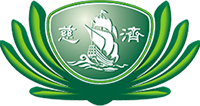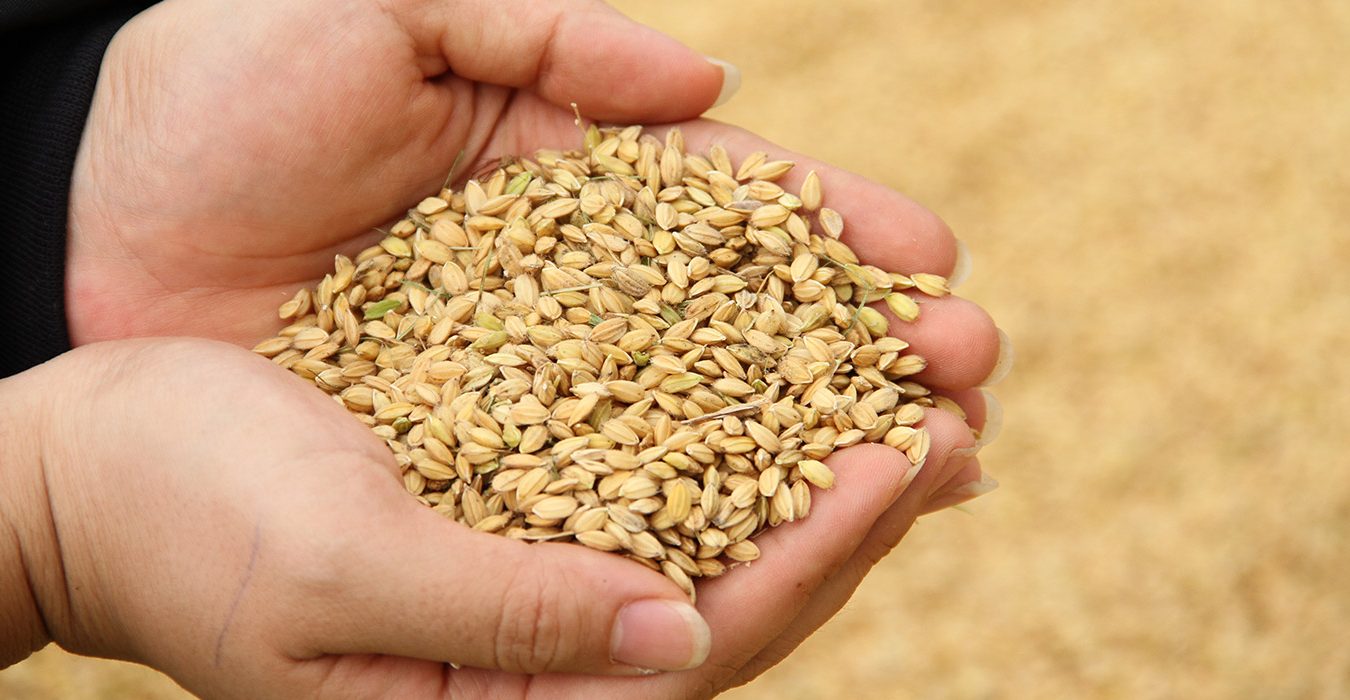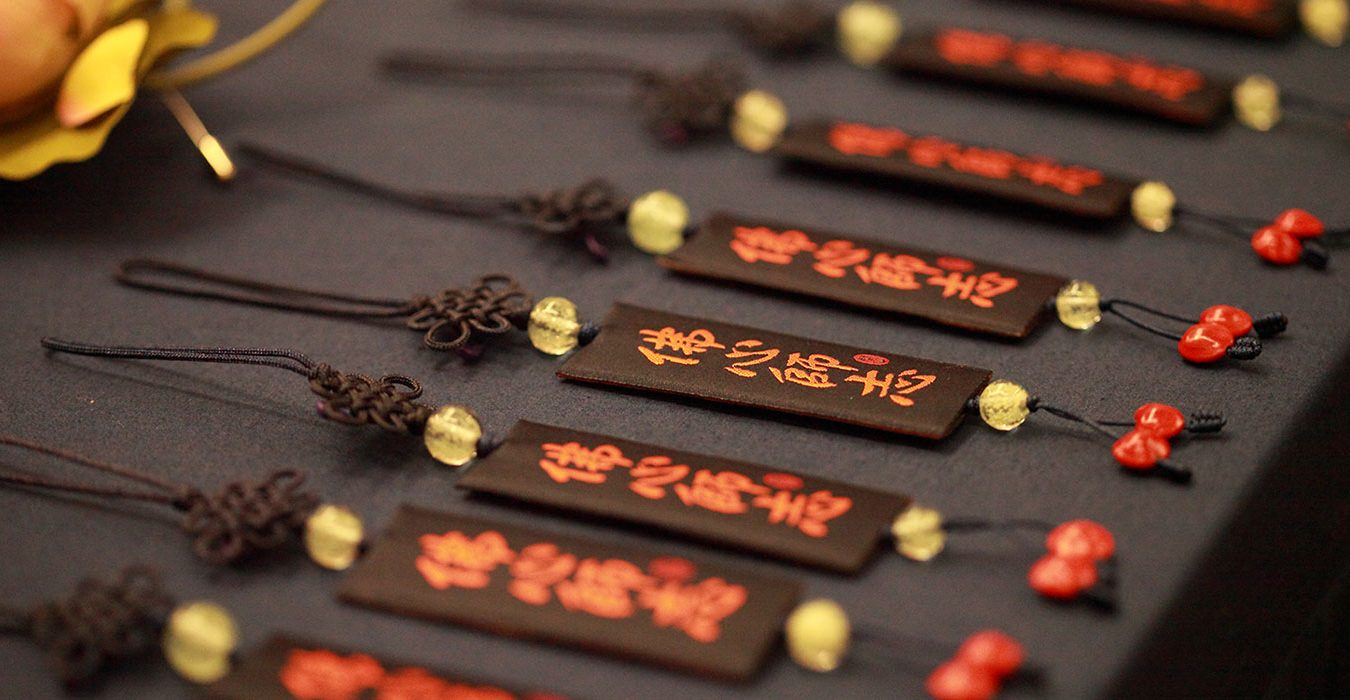
We Take the Buddha’s Heart as Our Own and Take Our Teacher’s Mission as Our Own
Everyone’s help is needed to spread the mission of Tzu Chi. Every day, the housewives set aside fifty cents of their grocery money before going to the market. As soon as they arrived at the market and saw someone they knew, they would tell them, “I save fifty cents of my grocery money every day.” Thus, the housewives began to spread the message of saving fifty cents every day whenever they went to the market, and the number of regular donors gradually increased.
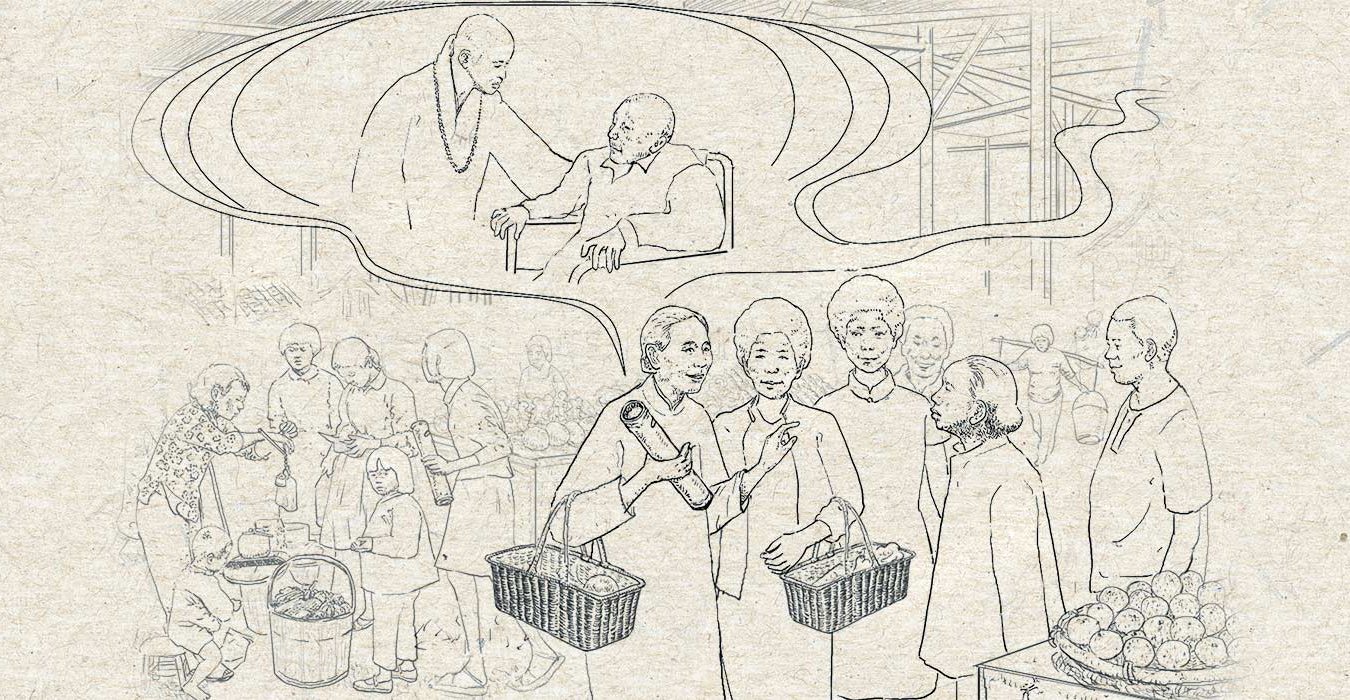
Thirty Housewives Saving Fifty Cents a Day to Support Tzu Chi
In February of 1966, thirty housewives jointly petitioned for Master Cheng Yen to stay in Hualien. One day when visiting the sick, she saw a pool of blood from an indigenous woman who had a miscarriage. Later on, three Catholic nuns came to visit her. These were the causes and conditions that lead Master Cheng Yen to make a vow to “bring together 500 people to form one Guanyin Bodhisattva with 1,000 hands and 1,000 eyes.” It was with this spirit that she established a bodhisattva network that could respond to the calls for help and save those who are suffering.
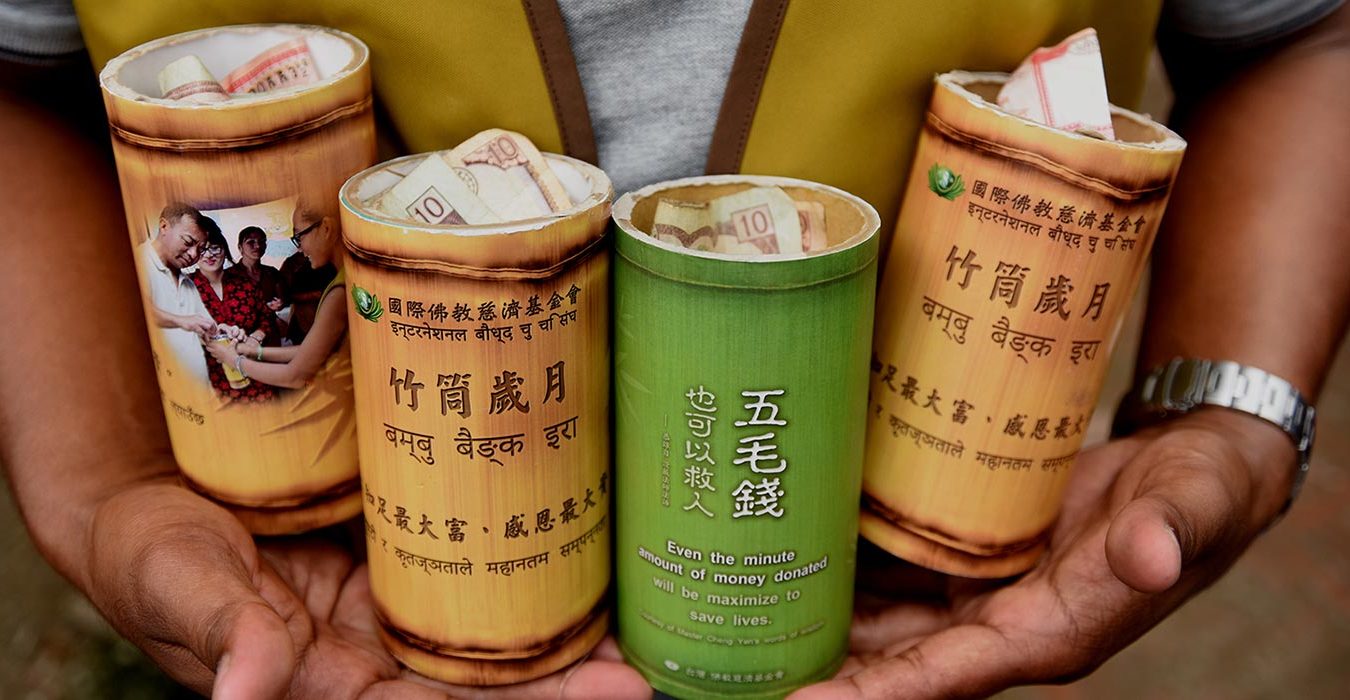
The Spirit of the Bamboo Bank Era
Everyone’s help is needed to spread the mission of Tzu Chi. Every day, the housewives set aside fifty cents of their grocery money before going to the market. As soon as they arrived at the market and saw someone they knew, they would tell them, “I save fifty cents of my grocery money every day.” Thus, the housewives began to spread the message of saving fifty cents every day whenever they went to the market, and the number of regular donors gradually increased.
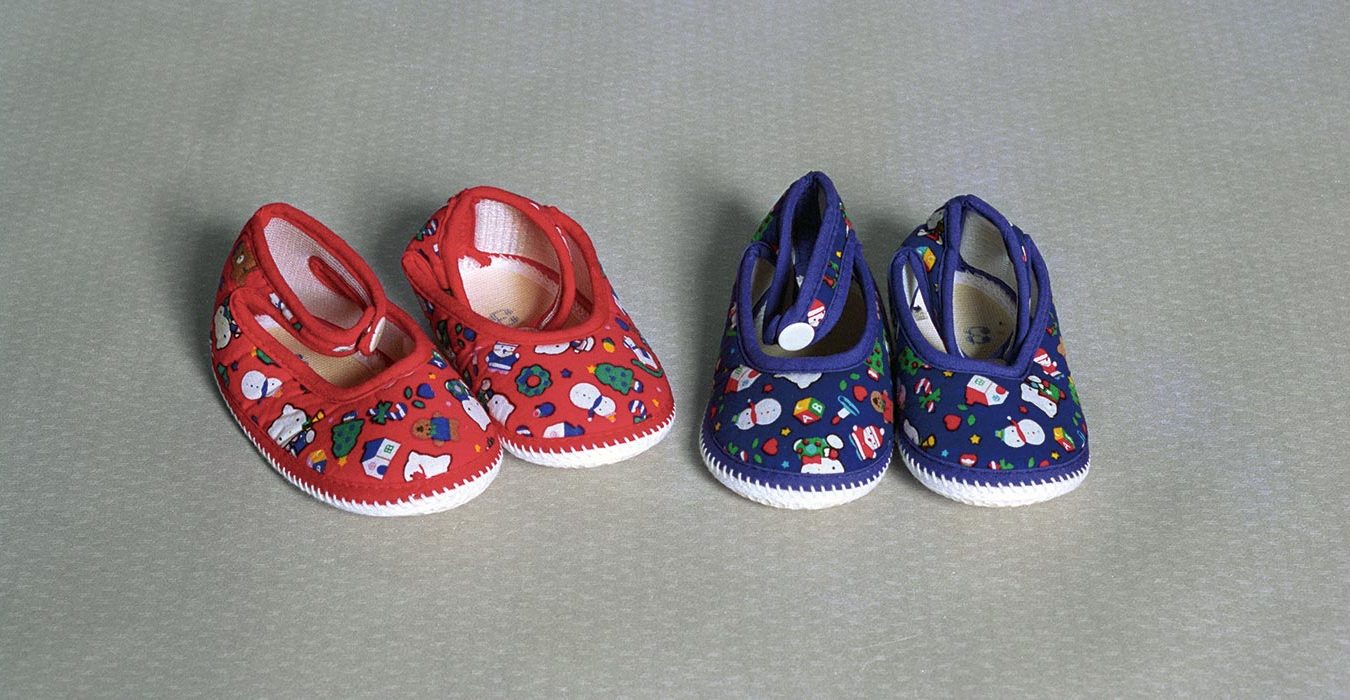
Making an Additional Pair of Baby Shoes to Support Tzu Chi’s Charity Work
When we left our secular life behind to enter the Tathagata’s family, we did not bring anything with us. Master did not allow us to bring any money from our secular life either, saying that it would create a sense of dependency in us. At that time, there was no money to buy food, so we relied on the wages from Master De Rong’s knitting to support us. We also planted vegetables periodically.
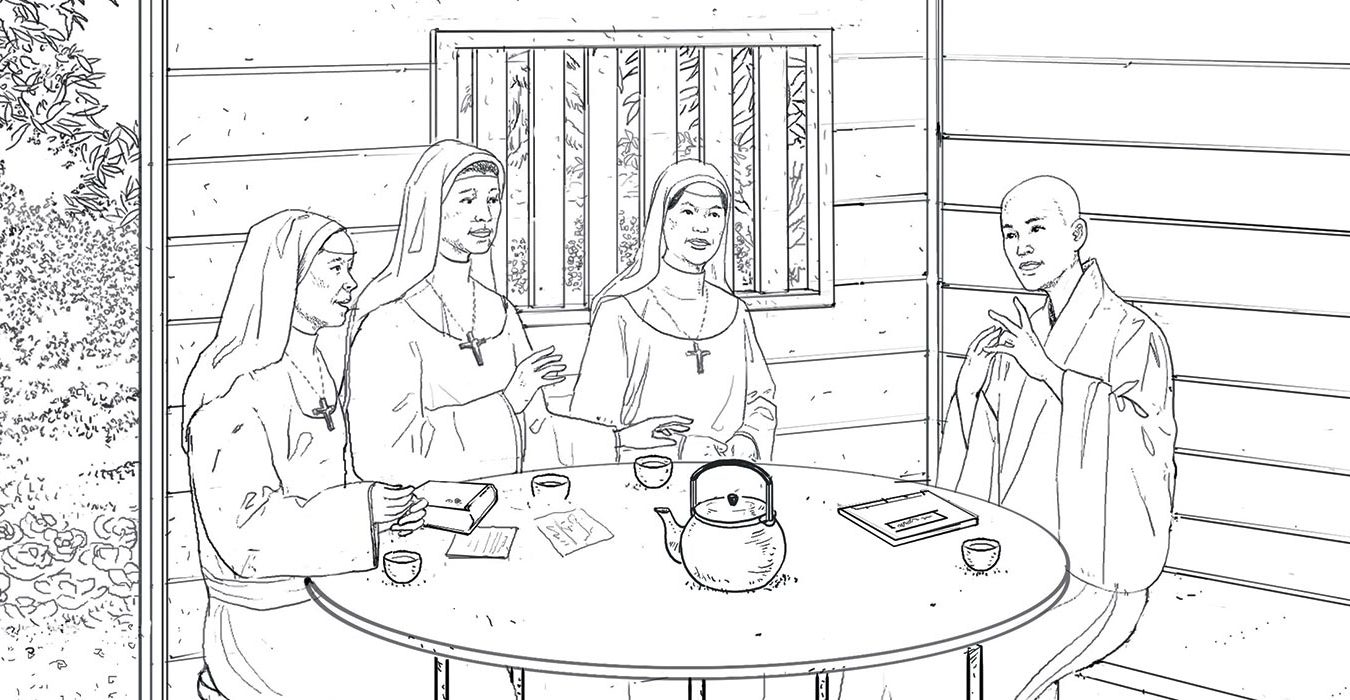
Master Cheng Yen and Three Catholic Nuns Discuss Religious Teachings and Meanings
Three Catholic nuns (Sister Zhang Jinju, Sister Huang, and Sister Tang) came to spread Christian teachings and discuss life and religion with Master Cheng Yen. This led Master Cheng Yen to the profound realization that Buddhist practitioners ought to benefit society in tangible ways. That afternoon, Master Cheng Yen told her disciples and the two seniors who had asked her to stay, “If everyone produces one more pair of baby shoes each day, we can actually do relief work.”
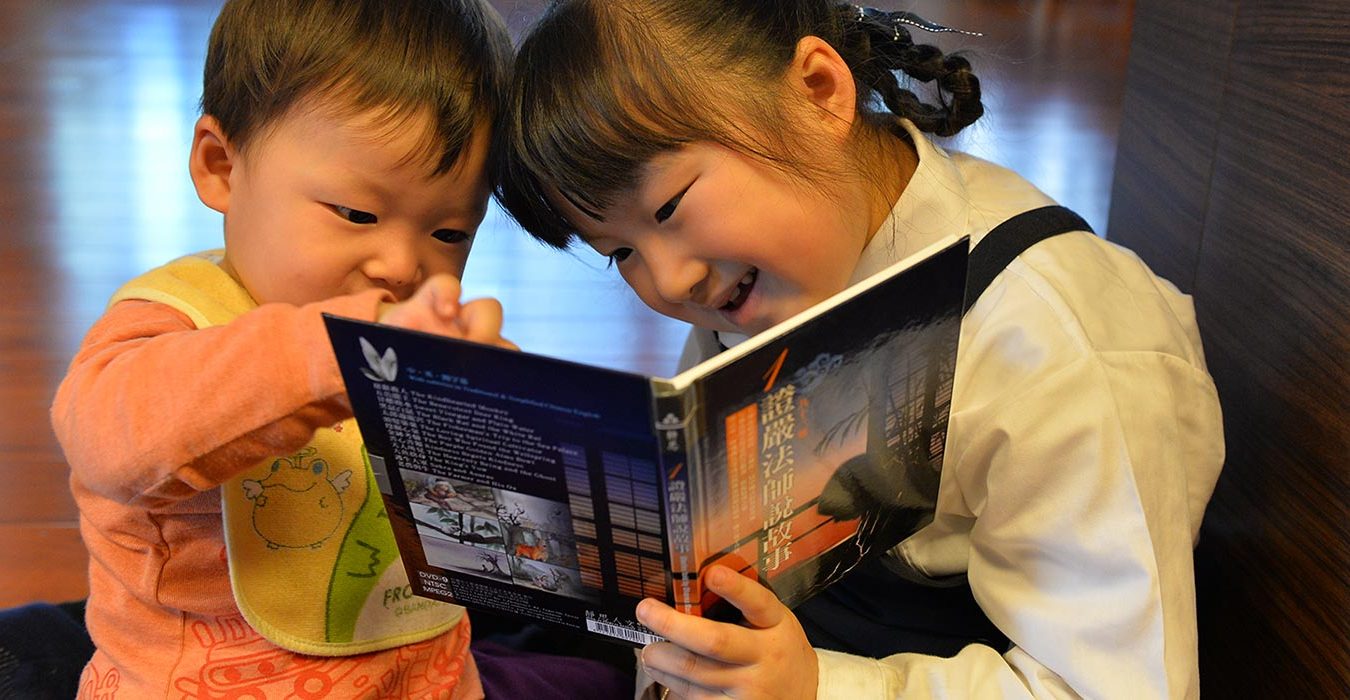
The Courage of a Lion, the Endurance of a Camel, and the Pure Heart of a Child
I often mention that in our spiritual practice, we need to have the pure heart of a child, the endurance of a camel, and the courage of a lion. This is the kind of courage our Tzu Chi commissioners have.
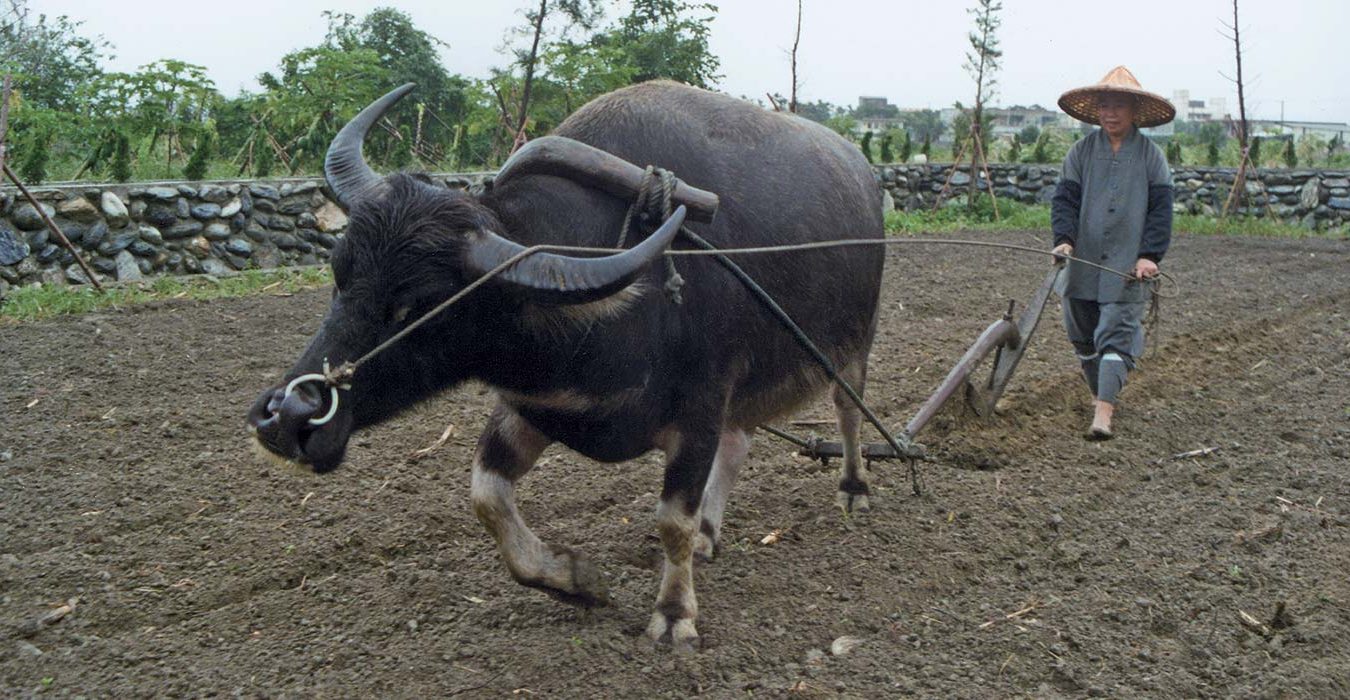
Discipline, Diligence, Frugality, and Perseverance
When we were constructing the hospital, not only did we face hardships, we also had to overcome difficulties when beginning our mission of education. At the time, the faculty members often had to transport materials; women did the work of men, and men did the work of superhumans. This is Tzu Chi’s motto and the Tzu Chi spirit. Every Tzu Chi volunteer walks the Bodhisattva Path with the spirit, willpower, and courage of a superhuman.
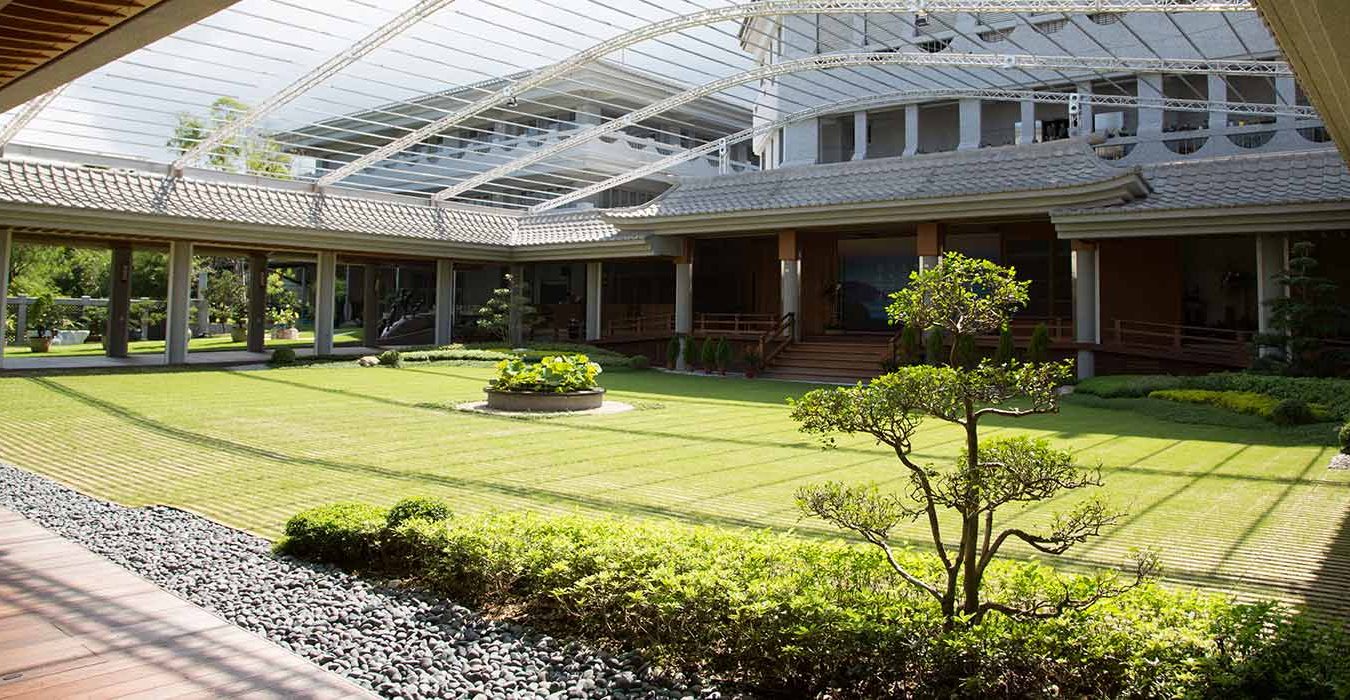
The Heart Encompasses the Universe and the Boundless Worlds Within It
Even in the small wooden cabin, in that very small and narrow house, my mind was open and spacious because I could feel that this is my calling. I felt I must broaden and open my heart.
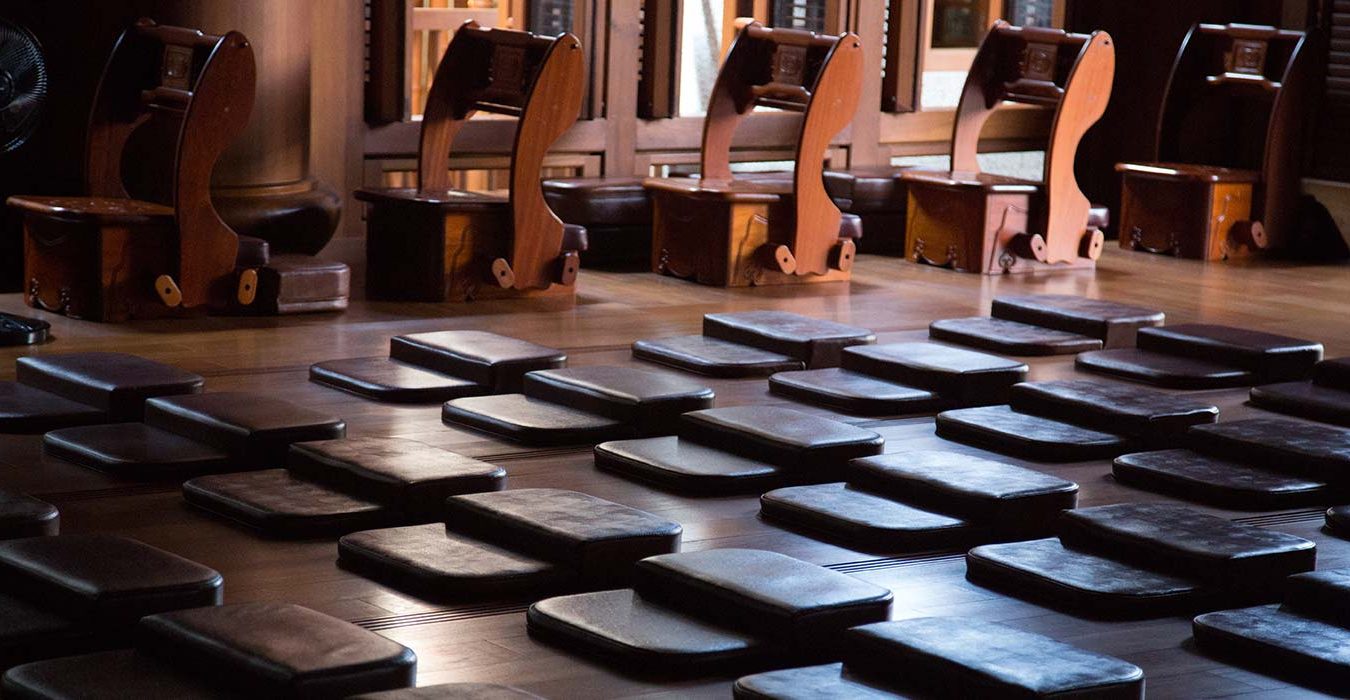
For Buddha’s Teachings, For Sentient Beings
From: Tainan Faith Corps Members and Commissioners’ Leadership Meeting, December 15, 2005.
Master Yin Shun told me, “Our causes and conditions as master and disciple are quite extraordinary. There is so much I wish to say to you, but there is no time. Please remember that once you become a monastic and have received the precepts, you must work ‘for Buddha’s teachings, for sentient beings.’” When he said these words, I immediately prostrated before him. At the very moment that I prostrated, in my heart, I vowed to act according to this teaching.
